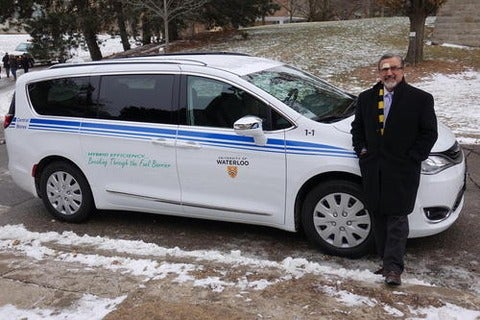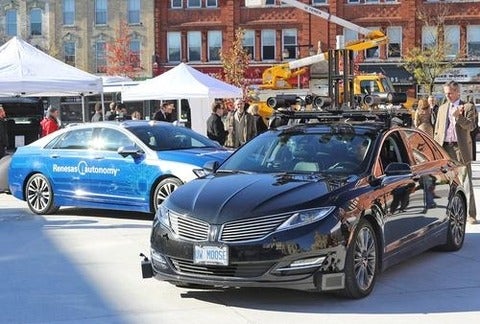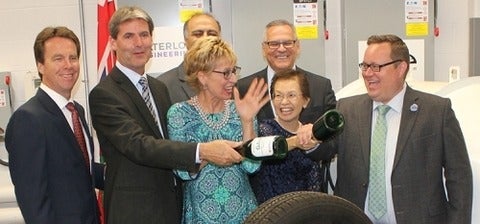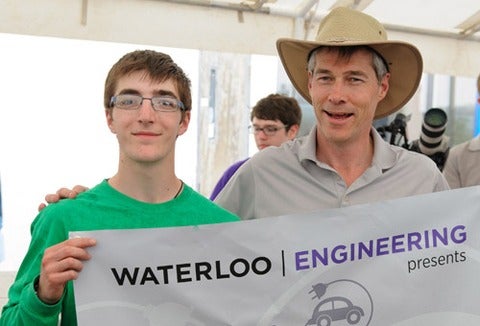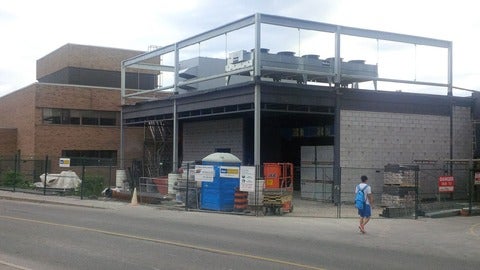Women in Engineering: WatCAR’s own GAIA Wonder Woman on panel at International Women’s Day celebration at Princess Twin
By Lauren Ward
Being a female in the Science, Technology, Engineering, and Math (STEM) field is one of the most difficult undertakings, with many barriers that women have to overcome to succeed. The Waterloo Centre for Automotive Research’s (WatCAR) own Stefanie Bruinsma had an amazing opportunity to share her experiences within the engineering industry on panel at The Everyday Wonder Woman: Panel Discussion and Movie Screening event hosted by University of Waterloo’s Women in Engineering on March 8th, 2018 at the Princess Twin Cinemas in Uptown Waterloo.

